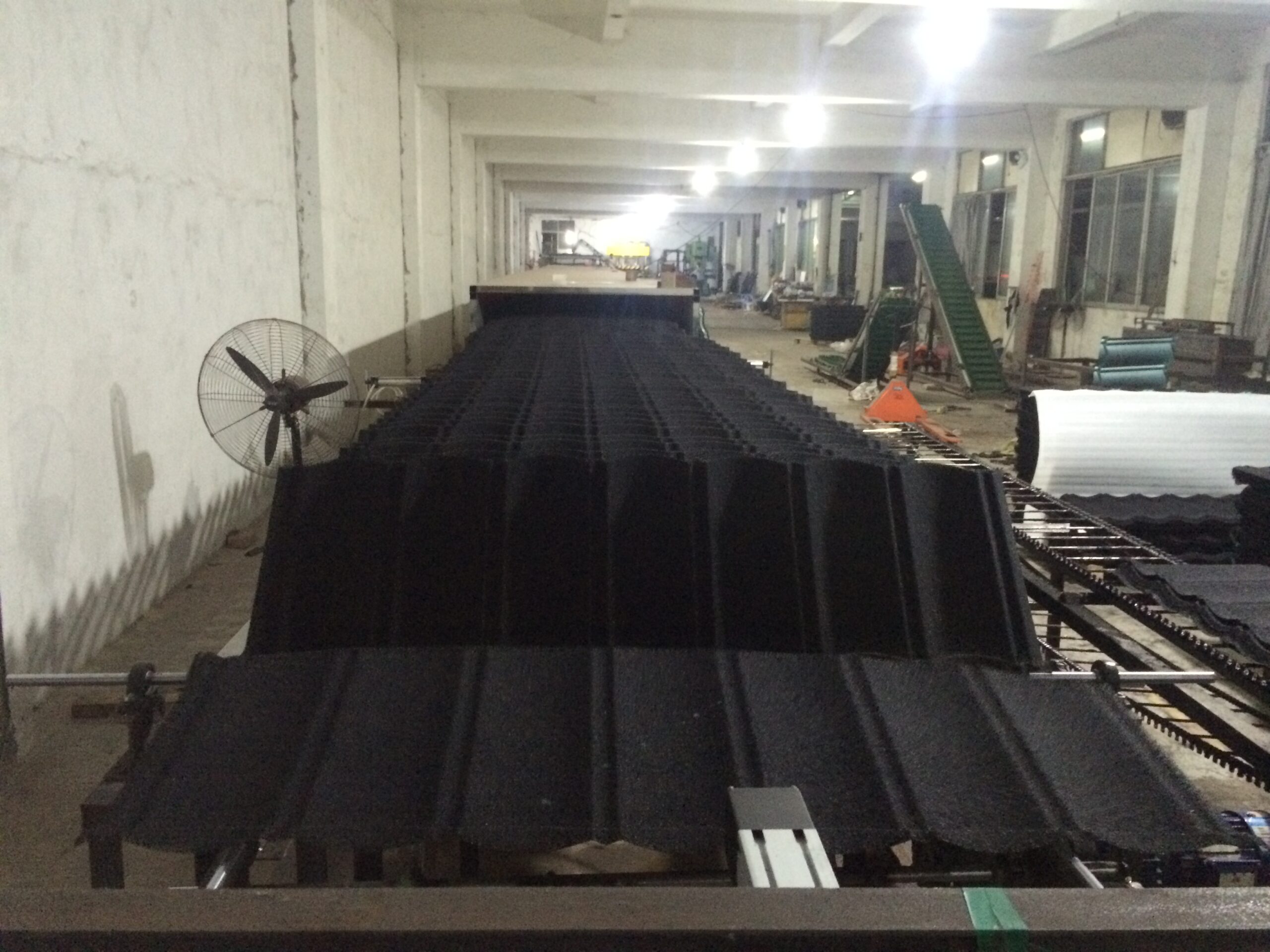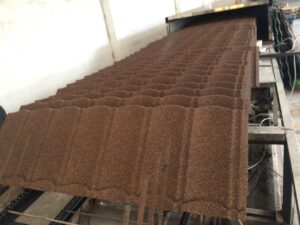
How to Choose the Right Building Materials for Your Construction Project?
When undertaking a construction project, selecting the right building materials is one of the key factors for success. Whether you are building a residential home, a commercial building, or renovating an existing structure, the choice of materials directly affects the cost, durability, environmental impact, and overall aesthetics of the project. Today, we will explore how to choose the most suitable materials based on your specific needs.
1. Define Your Project’s Needs
Before selecting building materials, it’s essential to first understand the project’s requirements. For instance, if you’re renovating a home, you may need to focus on aesthetics and compatibility; whereas for a new construction project, durability, energy efficiency, and environmental sustainability may be more important. By defining your needs upfront, you can select the most suitable materials, avoiding waste and unnecessary costs.
2. Durability and Longevity
Regardless of the type of construction project, the durability of building materials is extremely important. Durable materials not only reduce maintenance costs but also extend the life of the building. For example, corrosion-resistant steel and high-strength concrete are commonly used in buildings that require long-term stability. Additionally, for outdoor materials, waterproofing and moisture resistance are key performance features.
3. Environmental Friendliness and Sustainability
Today, the demand for eco-friendly building materials is rising, particularly in the pursuit of green building standards. Materials like bamboo, recycled wood, and low-carbon cement are gaining popularity. These materials not only reduce the consumption of natural resources but also significantly lower the carbon emissions of the building. Moreover, choosing recyclable materials helps reduce construction waste and lessens the environmental impact.
4. Energy Efficiency
Energy efficiency is a critical consideration in modern architectural design. By choosing the right energy-efficient materials, you can drastically reduce the energy consumption of a building. For example, insulating wall materials and energy-efficient windows help maintain stable indoor temperatures, lowering the need for air conditioning and heating. Additionally, high-quality soundproofing materials can enhance the comfort of indoor spaces.
5. Aesthetics and Design
Building materials are not just about functionality and durability—they are also an integral part of home aesthetics. Different materials bring different styles and atmospheres. For instance, natural stone can create a luxurious and earthy feel, while wood offers warmth and comfort, and glass and metal are ideal for modern, minimalist designs. Selecting the right materials can help achieve a perfect balance between practicality and visual appeal.
6. Budget and Cost-Effectiveness
Budget is always a critical factor when choosing building materials. While high-quality materials may require a higher upfront investment, in the long run, their durability and energy-saving benefits can significantly reduce overall costs. When selecting materials, it’s important to consider their cost-effectiveness—not only the initial price but also the long-term maintenance and operating costs.
7. Suppliers and Quality Assurance
Choosing the right supplier is a vital step in ensuring the quality of building materials. It’s recommended to work with reputable suppliers who have a good track record and extensive experience. They can provide high-quality products and professional service. When purchasing materials, make sure they come with quality assurance and after-sales support so that any issues that arise during use can be quickly addressed.
Conclusion
When selecting building materials, it is essential to consider multiple factors such as project needs, durability, environmental sustainability, energy efficiency, aesthetics, and budget. By making informed choices, you can enhance the performance and aesthetics of your building while minimizing long-term costs. If you are working on a construction project, be sure to choose the right materials to ensure its success and sustainability.
If you have any questions or need assistance with choosing building materials, feel free to contact us, and we will provide you with professional advice and services.


